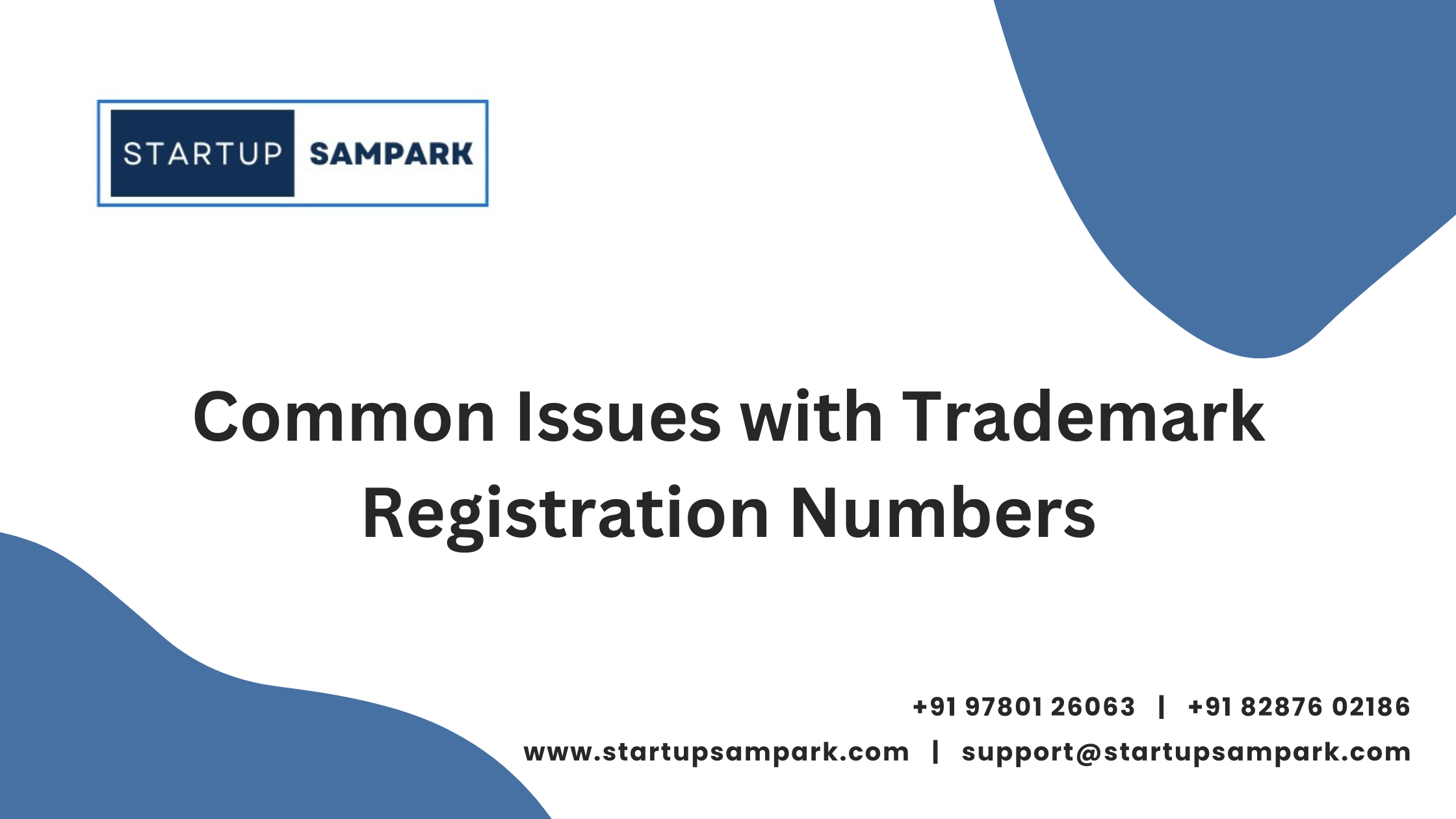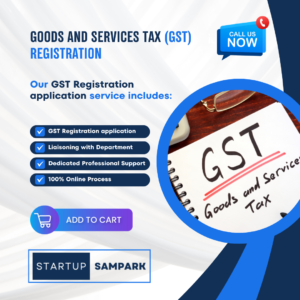Common Issues with Trademark Registration Numbers
Trademark registration numbers in India are crucial identifiers that grant legal protection to trademarks, but they can also come with certain challenges. Understanding the common issues associated with these numbers can help businesses and individuals navigate the trademark registration process more effectively and maintain their intellectual property rights. Here’s a detailed exploration of the typical problems that can arise with trademark registration numbers in India.
One of the most common issues is the incorrect entry or documentation of the trademark registration number. This can occur during the application process or in subsequent legal or administrative documentation. An incorrect number might lead to delays in processing applications, difficulties in enforcing trademark rights, or even potential legal disputes. It’s essential to double-check all entries and ensure that the registration number is accurate and consistently used in all official documents.
Another common problem is inconsistent or outdated records. Over time, the information associated with a trademark might change, such as the owner’s details, the scope of goods or services, or the address for service. If these changes are not properly updated in the Trademark Registry’s records, it could lead to discrepancies when verifying the registration number. This inconsistency can cause confusion and might complicate efforts to protect the trademark, especially in enforcement actions or legal disputes.
Expired registration numbers are also a significant issue. Trademarks in India are registered for an initial period of ten years, and they must be renewed periodically to remain valid. However, if a trademark owner fails to renew their registration on time, the trademark registration number becomes invalid. This lapse can lead to the loss of exclusive rights to the trademark and open the door for others to register a similar or identical mark. The importance of monitoring renewal deadlines and taking prompt action to renew trademarks cannot be overstated.
Conflicts with similar trademarks can arise when different parties inadvertently or intentionally register trademarks that are confusingly similar. In such cases, the Trademark Registry may assign registration numbers that are close in sequence, leading to potential disputes over the rightful owner of the trademark. These conflicts can result in legal challenges, especially if both parties attempt to enforce their rights simultaneously. Proper due diligence during the trademark search phase can help avoid such conflicts.
Administrative errors at the Trademark Registry are another potential issue. While the Trademark Registry in India generally operates efficiently, administrative errors can occur, such as incorrect data entry, delays in processing, or miscommunication. These errors can lead to the incorrect assignment of a registration number, delays in registration, or even the unintentional lapse of a trademark. Staying vigilant and following up on the status of trademark applications can help mitigate the impact of such errors.
Difficulty in verifying registration numbers is another challenge, particularly for older trademarks or those registered under different systems before the modernization of the Trademark Registry. In some cases, historical records may not be fully digitized, making it harder to verify the authenticity or status of a registration number. This issue can be particularly problematic when trying to enforce rights or transfer ownership of a trademark.
Unauthorized use or fraudulent registration of a trademark registration number is also a concern. In some cases, third parties might attempt to use or register a trademark fraudulently, claiming a registration number that does not belong to them. This fraudulent activity can lead to legal battles and significant financial losses if not addressed promptly. Vigilant monitoring and swift legal action are necessary to combat such infringements.
In summary, common issues with trademark registration numbers in India include incorrect entries, outdated records, expired registrations, conflicts with similar trademarks, administrative errors, difficulties in verification, and unauthorized use or fraudulent registrations. By being aware of these potential challenges and taking proactive steps to address them, businesses and individuals can better protect their trademarks and ensure their intellectual property rights are maintained.
trademark india
-
 MSME Registration₹1,180.00
MSME Registration₹1,180.00 -
 GST Registration₹2,360.00
GST Registration₹2,360.00 -
 Trademark Registration₹7,450.00
Trademark Registration₹7,450.00

















Post Comment